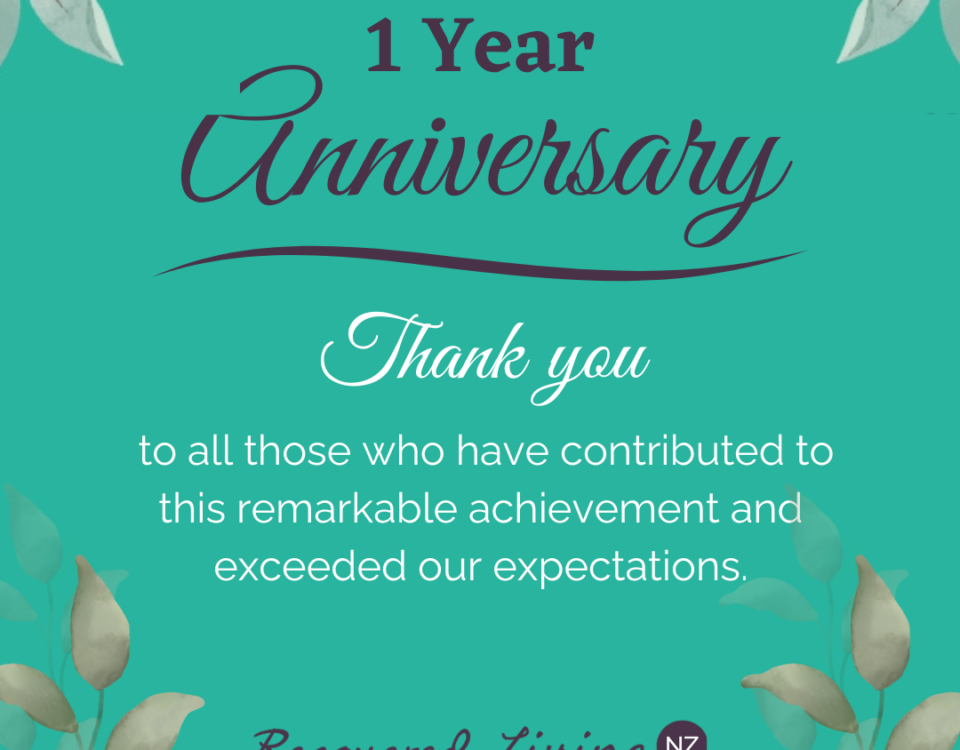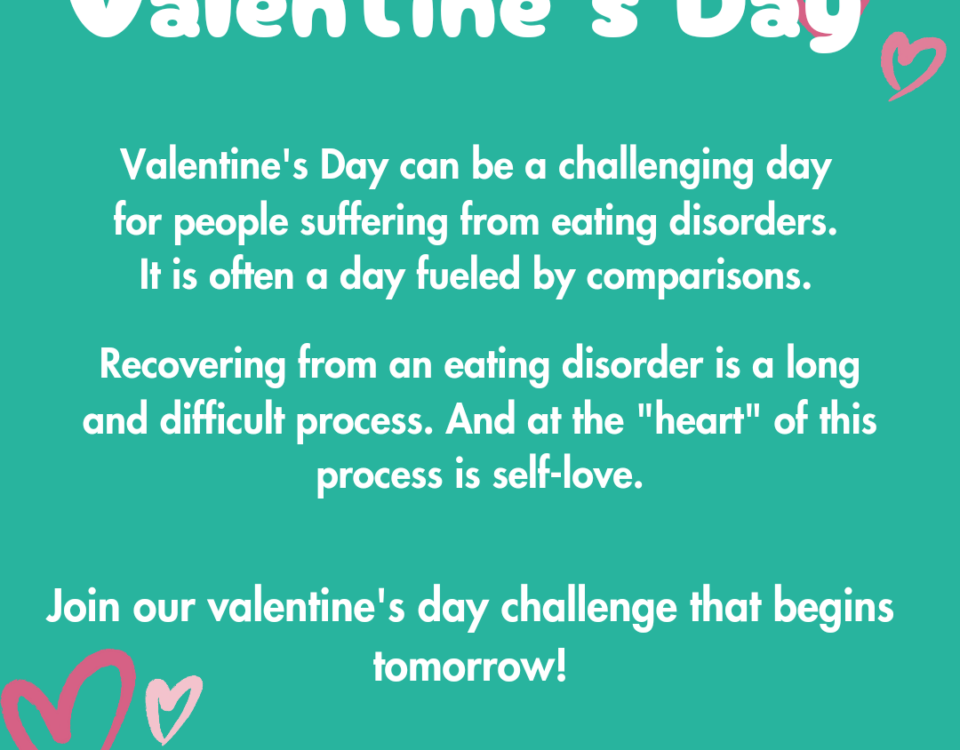Perception Deception
At the age of 13, I began to develop symptoms of what would later be diagnosed as Behçets disease and Ehlers Danlos syndrome. As a result of these conditions, my body gradually deteriorated. It no longer looked, felt or functioned well. It was ulcerated, emaciated and covered in rashes. I experienced worsening pain, nausea and exhaustion. Many of the things I was used to doing without a second thought became difficult or impossible.
Initially, I focused on these negatives and in doing so I failed to recognise the positives that existed also. I resented my body as I saw it only as broken rather than broken, but also brilliant and beautiful.
This reaction is a phenomenon that modern science has labelled, the negativity bias. Our minds tend to focus on what we perceive to be negative rather than what we perceive to be positive as they may pose a threat to us. It is a survival reaction. It is helpful in moments of crisis where negativity predominates like being chased by a tiger. But in daily life where positivity prevails, it can be harmful as it distorts our perception and limits our experience of life.
“It’s not what you look at that matters, it’s what you see.” – Henry David Thoreau

We tend to look at others' bodies with longing. We view them as perfect or at least better than our own. This is because we are looking at their body as a whole without a bias towards negativity and in general the whole is mainly positive. We see other people’s bodies are wonderful because they are wonderful, all bodies are, including ours. When our vision is clouded by the negativity bias, we are unable to see our own beauty. But just because you can't see something doesn't mean it doesn't exist.
As the diseases progressed so did negativity. My organs were so painful and fragile that I couldn’t even be pushed in a wheelchair.
My muscles wasted to the point where I could no longer chew or breathe properly. My nervous system became so sensitive that it was agonising to hug or be hugged. However, positivity was also always present. Though I couldn’t be pushed in a wheelchair I could watch nature through my window. Though every breath was a struggle I was still breathing. Though I couldn’t share hugs I could share smiles.
“Change the way you look at things and the things you look at change.” – Wayne W. Dyer
Gratitude works like a pair of glasses to correct our vision. Just as glasses are not a cure for poor eyesight, gratitude doesn’t alleviate the challenges of life. But it does allow us to see them clearly which makes them easier to deal with and overcome.
There is good in everything if only we look for it. I challenge you to put on your gratitude glasses and start looking for love!






